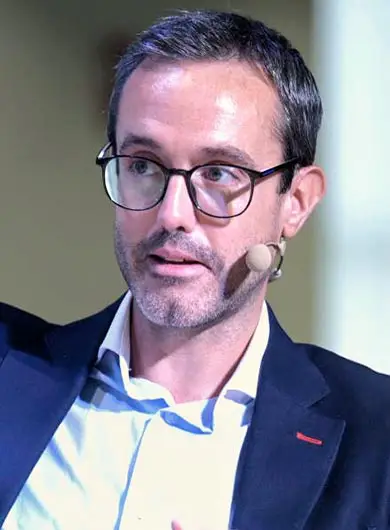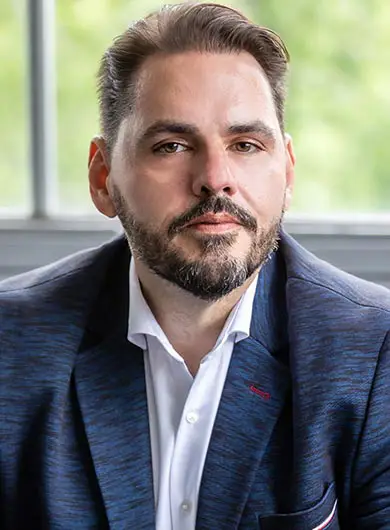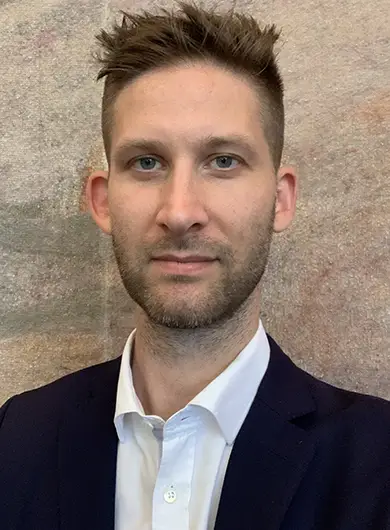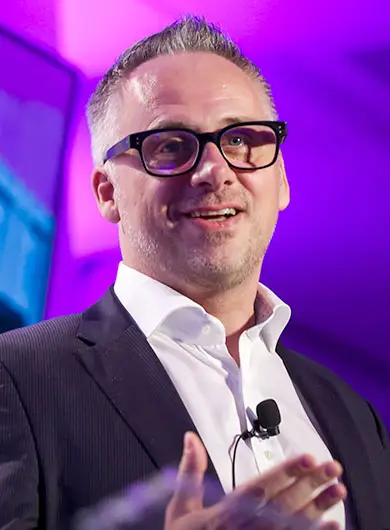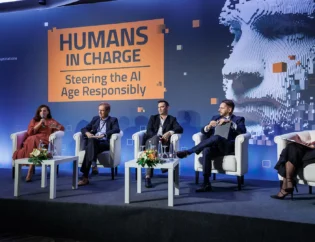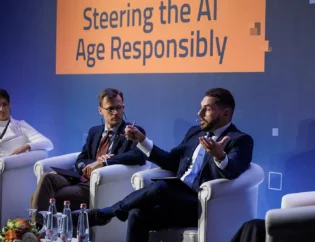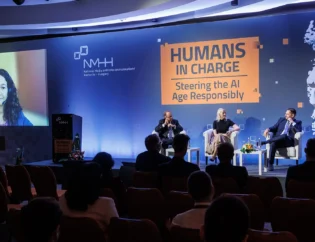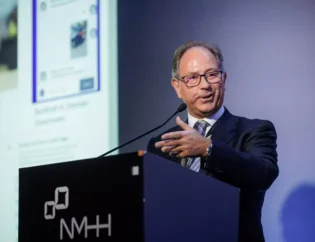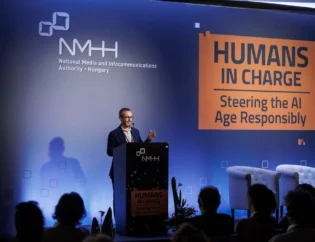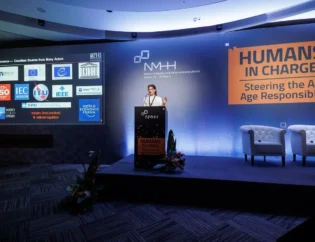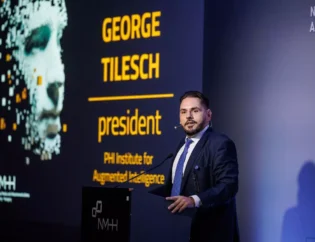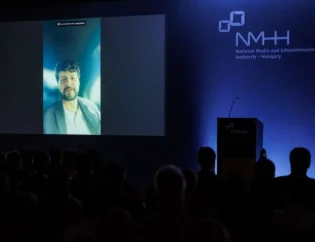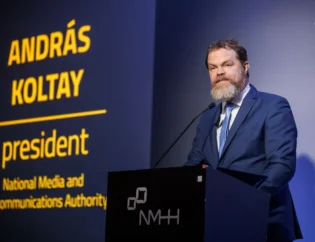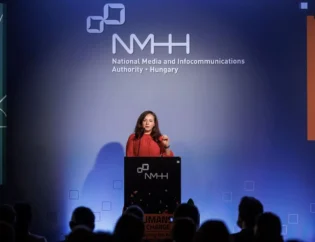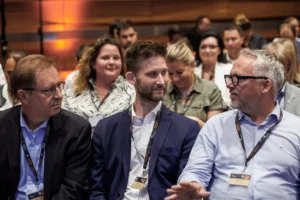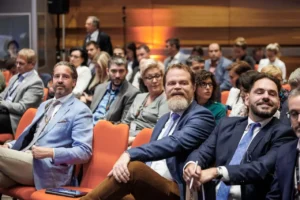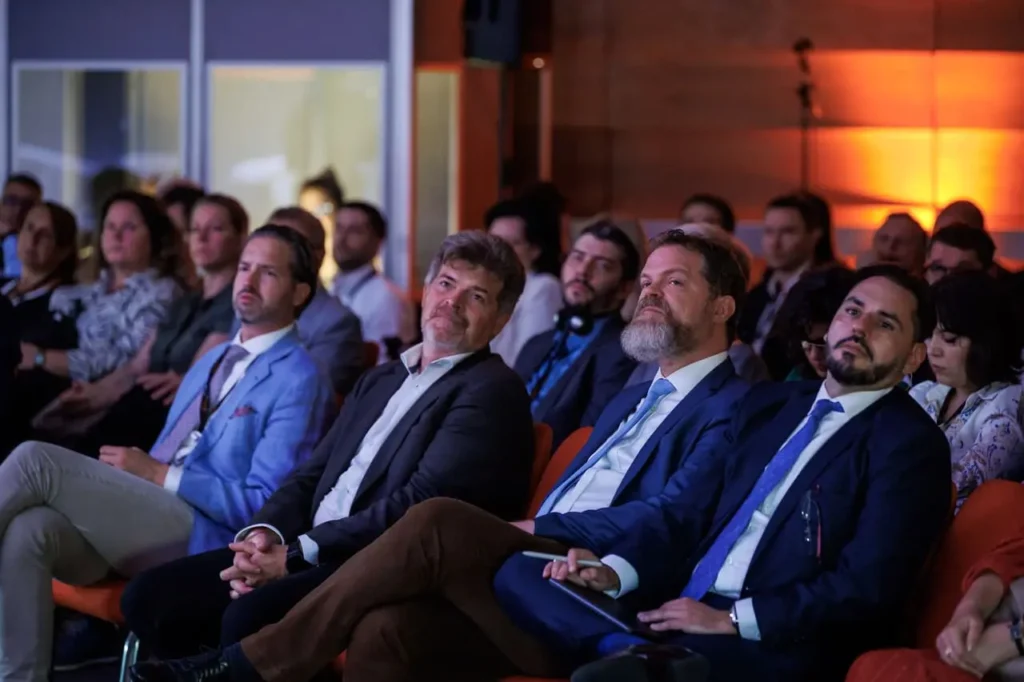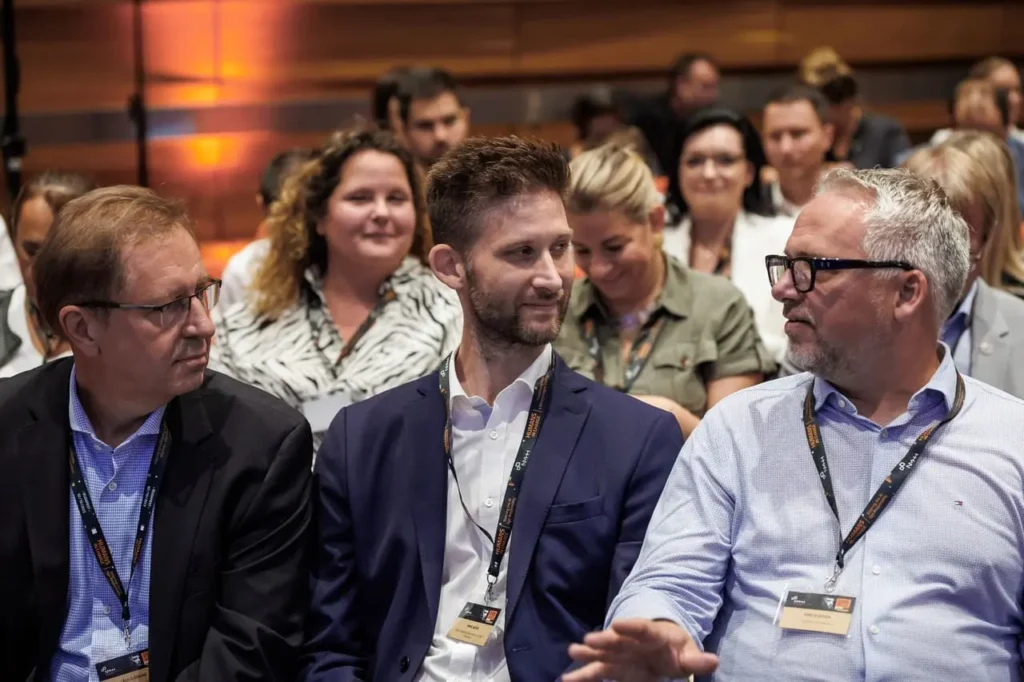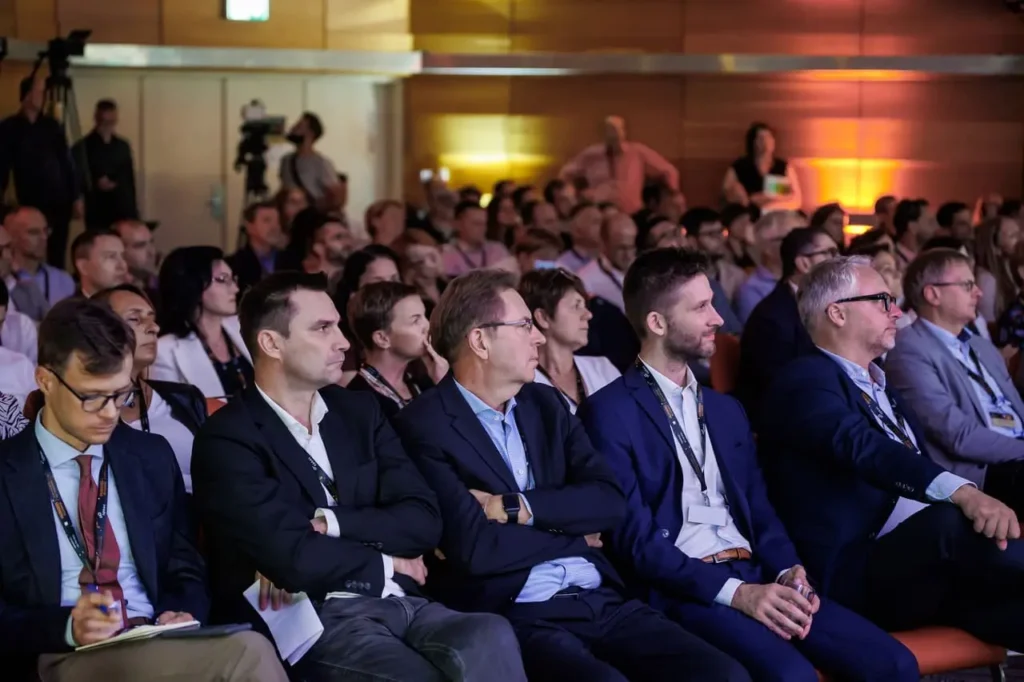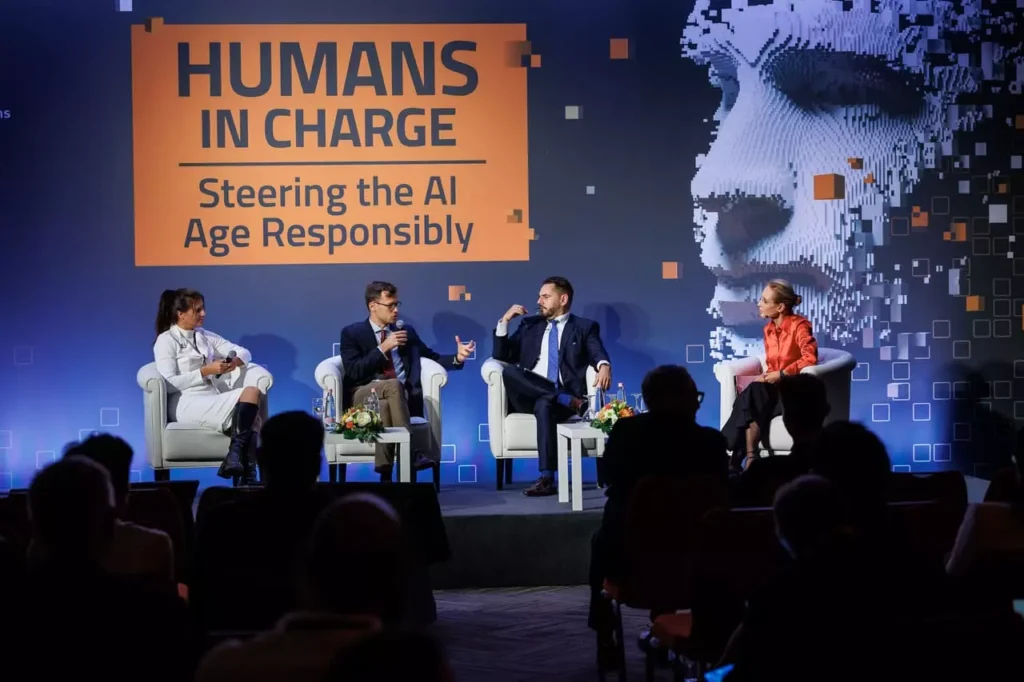Responsible AI in Digital Platforms, Telco & Media
THE FIRST PANEL. Big Enterprise, esp. digital frontrunners like Tech platforms, Telcos and Media have an extensive history not just in developing and rolling out AI products, but manifesting and chiseling a wide range of methods and practices that ensure the de-risking of them and ensuring competitiveness rooted in AI consumer trust.
Questions to answer
- What do they use AI for, where are their AI strategy big bets, and what are their challenges and solutions for proving trustworthiness of AI technologies deployed?
- Responsible AI is a set of practices and guardrails that soon will be mandated by law: how do they see their path forward when it comes to compliance preparation?
- What is the right-sized role of big enterprise in the multi-stakeholder process of delivering beneficial AI for society?
- At this rapidly acceleration AI age, how do executives define the right mixture of innovation and regulation for the task at hand?
Participants
Adrián González Sánchez
Data & AI Lead for Public Sector & Health, Microsoft
Adrián González Sánchez is the Data & AI Lead for Public Sector and Health at Microsoft Spain, and a university lecturer at HEC Montréal’s École des Dirigeants, and IE University in Spain.
George Tilesch
Founder & President, PHI Institute for Augmented Intelligence
For over 20 years, George has been active as a cross-sector and cross-industry conduit between AI ecosystems worldwide and as a trusted advisor for world leaders.
Imre Bárd
researcher, Dutch National Laboratory for AI in Education (NOLAI)
Imre has worked as a Trust & Safety contractor for OpenAI, where he has gained a glimpse of the day-to-day realities of AI development and deployment at scale, and the challenges of translating high-level ethical principles into operationalizable practices.
Erik Slooten
Global Lead, Delivery Quality & Transformation Cloud Services, T-Systems International
An enthusiast and practitioner of Responsible AI, Erik is of Dutch origin and fulfilling his global leadership duties out of Budapest. He was awarded Expat CEO of the year in 2021.


